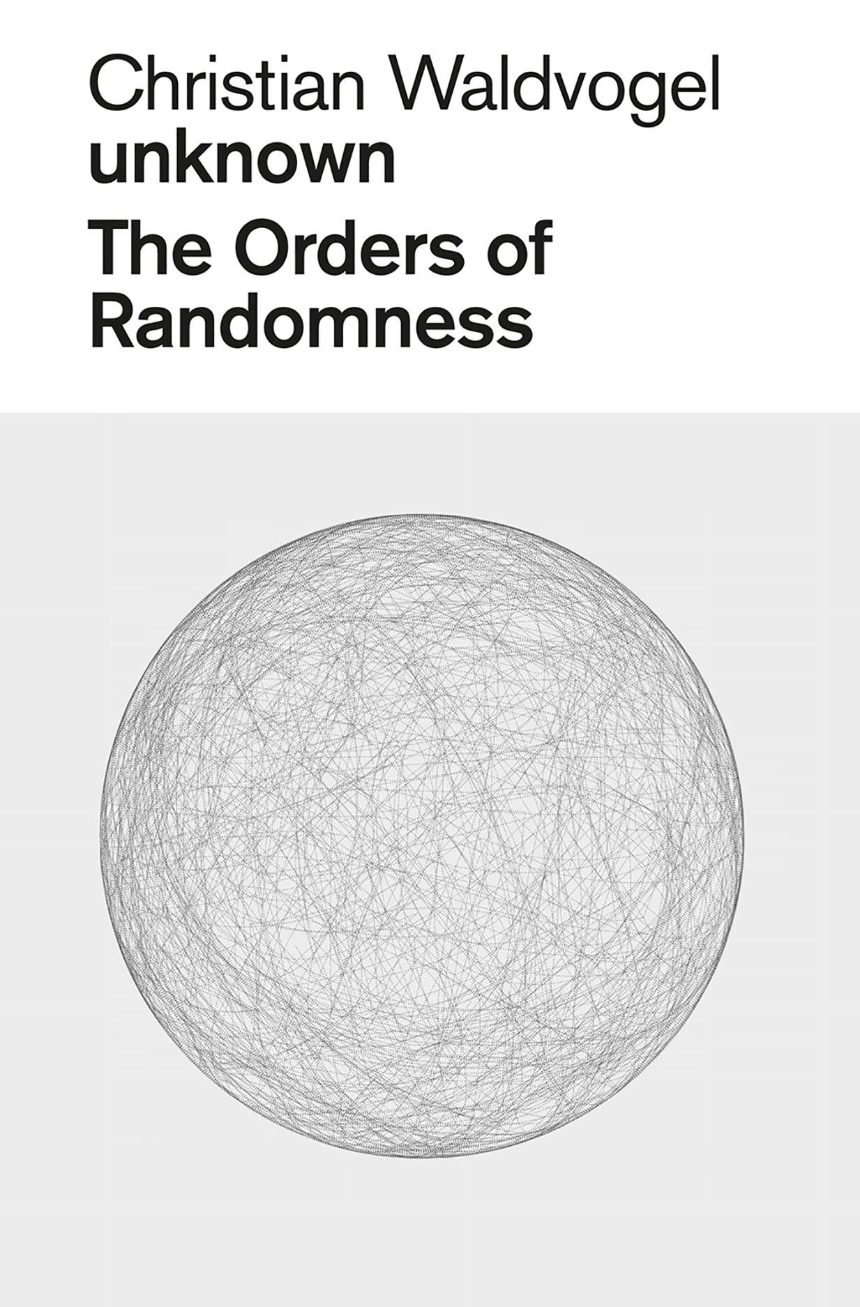Christian Waldvogel’s work in conceptual and visual art uses a wide range of media to present the earth within the solar system, mankind within its world, and new imaginations. For an exhibition at Helmhaus Zürich, he created a three-part installation using candles, cyanobacteria, and nutrient fluid. In the first part, melting candles form globular planets over the course of the show. Through a 1,615-square-foot pool filled with nutrient fluid that serves as a habitat for cyanobacteria, the section part represents the earliest forms of life on earth. In the third part, Waldvogel places his planets within a self-conceived solar system.
Waldvogel’s story of genesis and the beginning of life on earth has been transformed into Christian Waldvogel. Unknown. Following an equally random order, Waldvogel discusses the chapters of this universal narrative with a range of experts—a cosmologist and astrophysicist, a cell biologist and gravitational researcher, a microbiologist, and an exobiologist working in planetary research—to reveal an unusual perspective on how the earth may have come into existence. Finally, the exhibition’s curator, Daniel Morgenthaler, asks what art can tell science. With nearly 150 color and black-and-white images, this book offers a new look at how art and science contribute to our view of both the world and the universe.
Waldvogel’s story of genesis and the beginning of life on earth has been transformed into Christian Waldvogel. Unknown. Following an equally random order, Waldvogel discusses the chapters of this universal narrative with a range of experts—a cosmologist and astrophysicist, a cell biologist and gravitational researcher, a microbiologist, and an exobiologist working in planetary research—to reveal an unusual perspective on how the earth may have come into existence. Finally, the exhibition’s curator, Daniel Morgenthaler, asks what art can tell science. With nearly 150 color and black-and-white images, this book offers a new look at how art and science contribute to our view of both the world and the universe.
Table of Contents
Introduction
1
Disoriented
A Discussion with Jack van Loon
Construction of a Random Positioning Machine
Giordano Bruno and the Homogeneity of the Universe
The Universe
Werner Heisenberg and the Uncertainty Principle
Construction of a Bipolar Lightbox
A Discussion with Ben Moore
Tycho Brahe and the Study of the Universe with the Naked Eye
Construction of an Armillary Sphere
A Discussion with Ben Moore (continued)
Life
A Discussion with Jean-Pierre de Vera
The Pioneers
A Discussion with Jakob Pernthaler
Map of the Entire (Visible) Universe
Construction of a Cyanobacteria Culture with Cleanroom, Airlock, and Visitor Area
2
Antecedents
Random Planet Production Machine
Planetarium
Über den Anschaulichen Inhalt der Quanten-Theoretischen Kinematik und Mechanik. / Le Berceau du Temps
3
The Possibility of an Earth
Essay by Daniel Morgenthaler
Appendix
Sources and Illustrations
About the Authors
Acknowledgements
Imprint
1
Disoriented
A Discussion with Jack van Loon
Construction of a Random Positioning Machine
Giordano Bruno and the Homogeneity of the Universe
The Universe
Werner Heisenberg and the Uncertainty Principle
Construction of a Bipolar Lightbox
A Discussion with Ben Moore
Tycho Brahe and the Study of the Universe with the Naked Eye
Construction of an Armillary Sphere
A Discussion with Ben Moore (continued)
Life
A Discussion with Jean-Pierre de Vera
The Pioneers
A Discussion with Jakob Pernthaler
Map of the Entire (Visible) Universe
Construction of a Cyanobacteria Culture with Cleanroom, Airlock, and Visitor Area
2
Antecedents
Random Planet Production Machine
Planetarium
Über den Anschaulichen Inhalt der Quanten-Theoretischen Kinematik und Mechanik. / Le Berceau du Temps
3
The Possibility of an Earth
Essay by Daniel Morgenthaler
Appendix
Sources and Illustrations
About the Authors
Acknowledgements
Imprint

